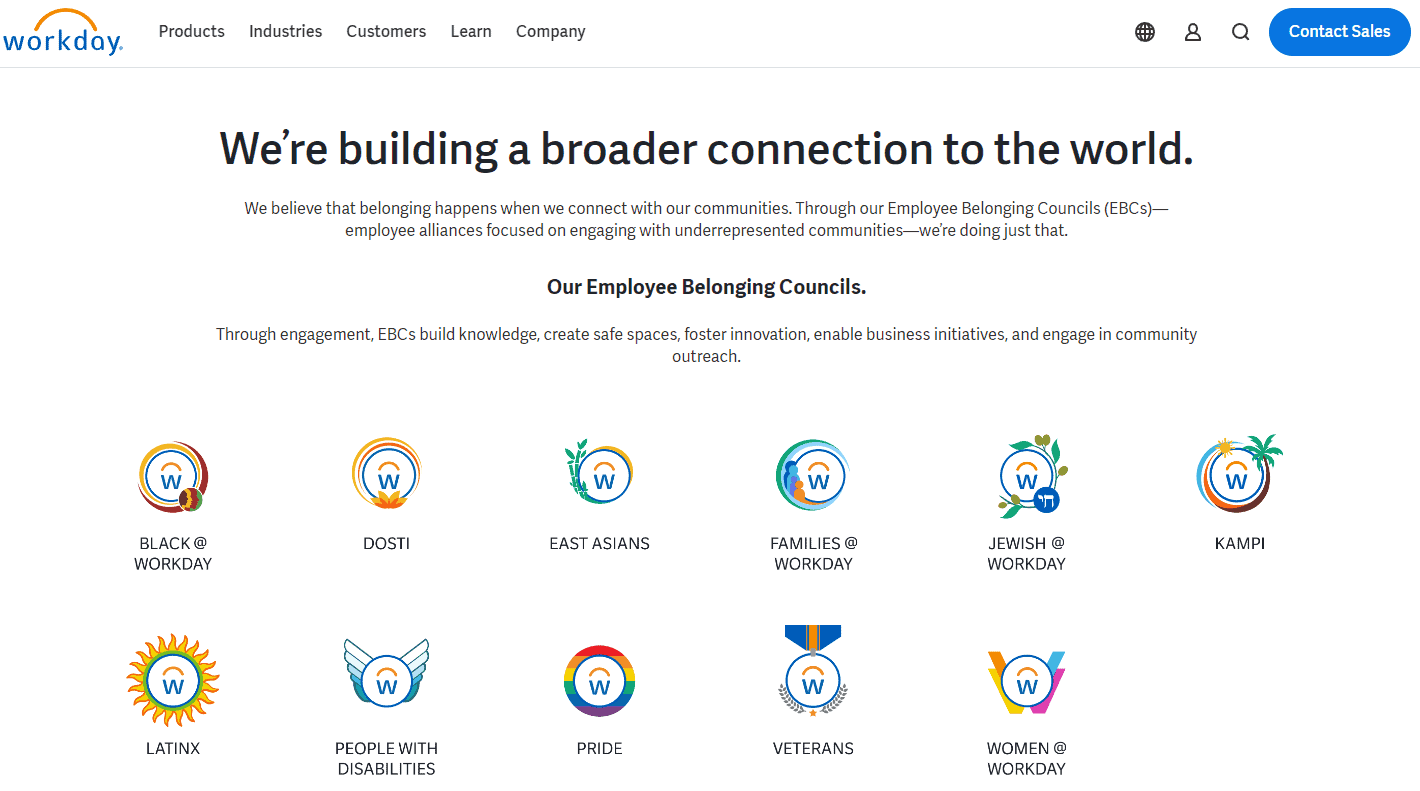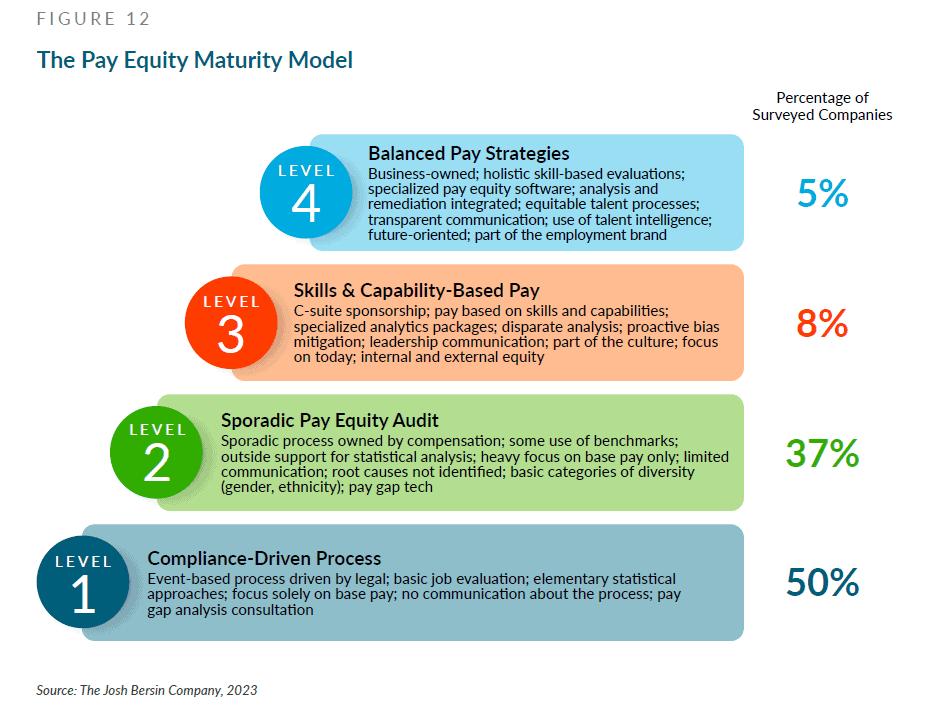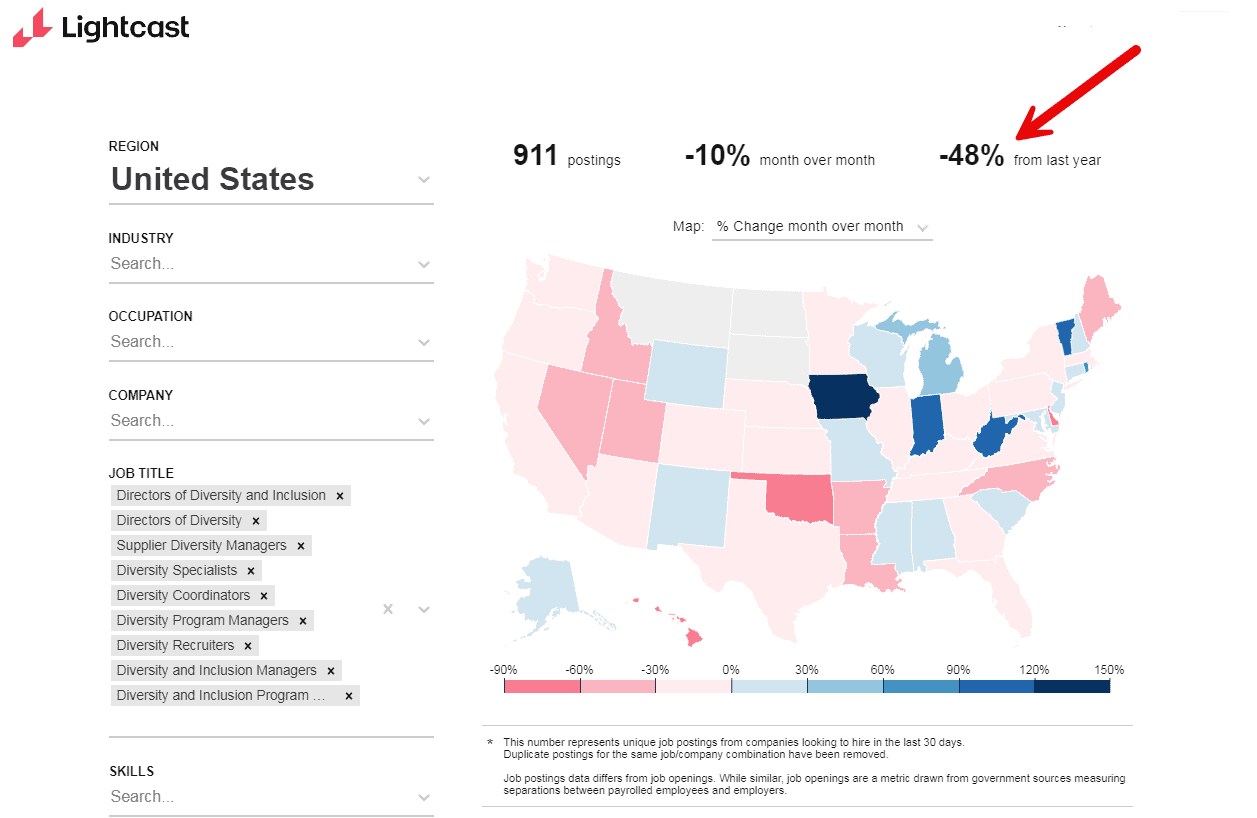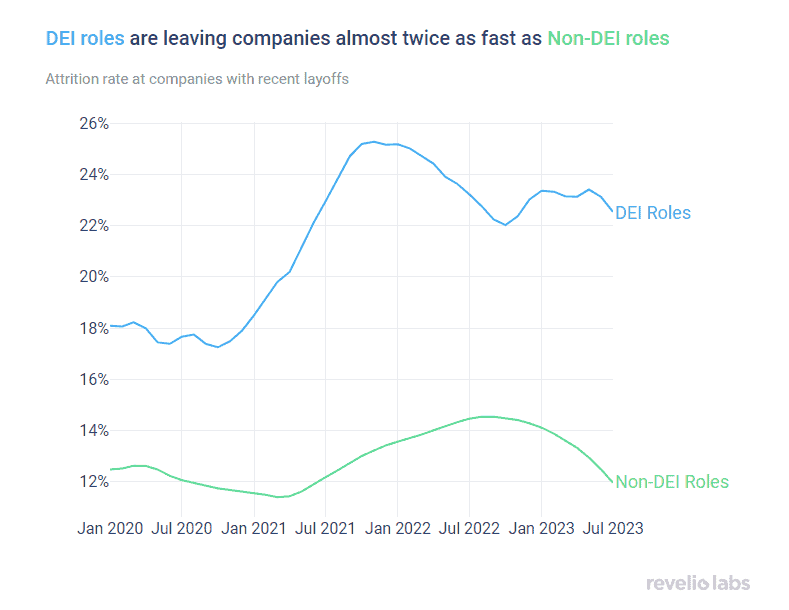Are Diversity And Inclusion Programs Going Away?
Is DEI about to DIE?
Of the many changes we experienced in 2023, one of the most iconic was the US Supreme Court’s decision to strike down affirmative action in college admissions. And now, the resignation of Claudine Gay from Harvard, people are piling on.
Justice Thomas stated last summer:
“Many universities have for too long…concluded, wrongly, that the touchstone of an individual’s identity is not challenges bested, skills built, or lessons learned but the color of their skin,” he wrote. “Our constitutional history does not tolerate that choice.”
And the New York Times published this week:
Taking down Dr. Gay was a “a huge scalp” in the “fight for civilizational sanity,” Josh Hammer, a conservative talk show host and writer, wrote on the social media platform X.
A crushing loss to D.E.I., wokeism, antisemitism & university elitism,’ wrote the conservative commentator Liz Wheeler.
This is the beginning of the end for D.E.I. in America’s institutions,’ said the conservative activist Christopher Rufo, who had helped publicize the plagiarism allegations.
While Affirmative Action in admissions is now illegal, is this not what Diversity, Equity, and Inclusion programs are all about? In 2024 we’re going to debate this question.
While I believe strongly in both Affirmative Action and DEI programs, we seem to have reached a tipping point in the United States. In August of 2023 an attorney filed a lawsuit against a VC firm that gives grants to black entrepreneurs and won. Similar suits have been filed against firms with diversity hiring programs, diversity scholarships, and diversity internships.
Many companies invest in these types of programs, and in almost every case I hear of high value. Workday, one of the most admired HR technology companies in the market, has pioneered DEI internally and through its products, and the company has outgrown and outperformed its competitors for years. Their product VIBE, an analytics system designed for this purpose, actually shows intersectionality and helps companies set targets and find inequities in leadership, hiring, pay, and career development.
 |
Are these types of programs illegal? Some law firms say yes.
Consider the big, complex problem of pay equity. Until the last few years most companies had no problem paying people in very idiosyncratic ways. We looked at leadership, succession, and pay programs around the world last year and found that in most larger companies there are massive variations in pay with no clear statistical correlation. This problem is called “pay equity” and when you look at pay vs. gender, age, race, nationality, and other non-performance factors, most companies find problems. Is this a “DEI” program?
When we looked at pay equity in detail last year we found that only 5% of companies have embarked on a strategic equity analysis. While most companies do their best to keep pay consistent with performance, these studies always find problems. Could it be considered illegal to analyze pay by race or nationality and then fix the disparities?
 |
Just last night I listened to a podcast with four well-known venture capitalists talk about “the biggest political problems” of 2023. Three of the four agreed that “doing away with DEI programs” was top on their list. I almost fell off my chair.
For HR leaders and DEI executives, this is a chilling problem. Take a look at the latest hiring data for DEI professionals. Hiring for DEI positions in the US is down by 48% year over year, in the middle of an economic boom. It’s clear to me that DEI investments are under attack.
 |
And when you look at companies doing layoffs, DEI jobs are high on the list of jobs to cut.
 |
What should companies do about this? Are all the investments we’ve made in DEI strategies, ERGs, DEI dashboards, training, and leadership models going to fade away?
Let me give you a pragmatic answer. No.
Despite the “anti-woke” movement, political debates, and inability for Harvard, Penn, and other universities to speak clearly on these topics, businesses are not going to stop. As we discovered in our Elevating Equity research in 2022 and 2023, companies focus on diversity and inclusion for very pragmatic reasons:
- An inclusive hiring strategy broadens and deepens your recruiting pool
- An inclusive leadership strategy drives a deeper leadership pipeline
- An inclusive management approach helps attract diverse customers and markets
- An inclusive board drives growth and market leadership (proven statistically)
- An inclusive supply chain program improves sustainability of the supply chain
- An inclusive culture creates growth, retention, and engagement in the employee base.
Affirmative Action was not created to discriminate: it was designed to reduce discrimination.
At the University of California, where Affirmative Action was halted in 1995, studies found that earnings among African American STEM graduates went down significantly. So one could argue that they were making a real difference.
Regardless of the political winds, I continue to believe that DEI leaders have one of the toughest jobs in business. As corporate investments in DEI decline, I believe it’s time to do away with the “DEI police” in HR and focus on embedding the principles of inclusion, fair pay, and open-minded discussions in every business unit. More and more companies are forcing all senior leaders to take ownership for this issue.
I am reminded of the early 2000s when companies hired “Chief Digital Officers” to drive digital technology, ideas, and strategies into the company. As digital tools became common and every company adopted e-commerce and other systems, the role went away. Maybe we’re entering a period where the “Chief Diversity Officer” has a new role: putting the company on a track to embrace inclusion and diversity in every business area, and spend less time “pushing the agenda” from a central group.
Let me add one more supporting point. In every interview we conduct on this topic I find overwhelming positive stories from various DEI strategies. Target, Chevron, SAP, Unilever, Schneider Electric, Salesforce all have stories of strategic business benefits from their DEI, pay-equity, or inclusion programs. Each of these companies frames DEI as a business strategy, not an HR strategy. Political or not, these strategies are important.
While HR-centric DEI investments are shrinking, I think they’re just migrating into the business where they belong. And in many cases the DEI agenda is now part of the company’s sustainability strategy. Companies like Boeing, Heineken, and many others now see DEI as a “people sustainability” strategy.
We will be discussing this topic in many venues this year: please contact us if you’d like to tell us your story of success or transformation in your company’s DEI agenda.
Additional Information
Elevating Equity: A Certificate Program From The Josh Bersin Academy
Chief Diversity Officer: The Toughest Job in Business
